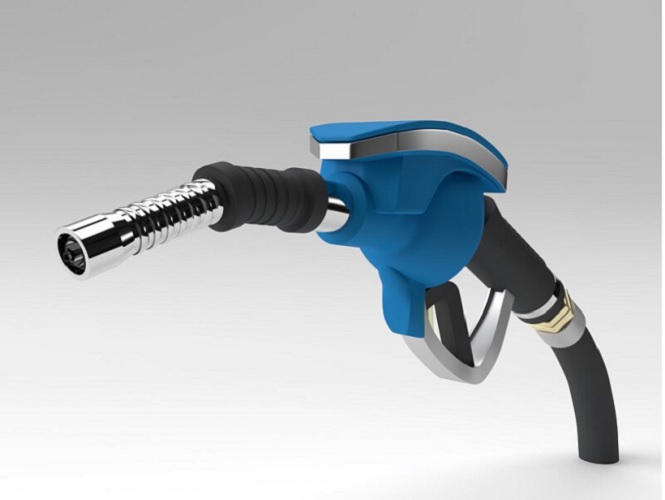ENOC Group is set to supply dnata’s entire non-electric fleet and ground handling operations at Dubai’s airports with a biodiesel blend. This initiative, launched in collaboration with Dubai Airports and ENOC, aims to reduce CO₂ equivalent emissions by over 3,500 tonnes annually throughout the fuel’s lifecycle.
The rollout is part of dnata’s extensive ground handling and cargo operations at Dubai International (DXB) and Al Maktoum – Dubai World Central (DWC), involving around 2,500 vehicles that facilitate the safe management of over 220,000 flights each year. dnata has already incorporated biodiesel into its landside fleets at dnata logistics, City Sightseeing Tours, Arabian Adventures, and Alpha Flight Services across the UAE since last summer.
Saif Humaid Al Falasi, CEO of ENOC Group, expressed enthusiasm for the partnership, stating, “We are pleased to extend our collaboration with dnata by supplying biodiesel for their airside fleet and ground support equipment. This effort underscores ENOC’s commitment to advancing the UAE’s transition to clean energy, as outlined in the National Policy on Biofuels.”
Steve Allen, CEO of dnata Group, emphasized that the switch to biodiesel for non-electric airside vehicles represents a significant milestone in their decarbonization efforts. He noted, “This initiative highlights our commitment to reducing emissions, which is central to our environmental strategy, while ensuring the highest quality and safety in our operations.”
Paul Griffiths, CEO of Dubai Airports, remarked, “Achieving sustainability in aviation requires collective effort. As airport operators, we are dedicated to fostering change. Our collaboration with dnata and ENOC to implement biodiesel showcases how teamwork can drive meaningful progress, with airports also needing to achieve quick wins on the ground.”





